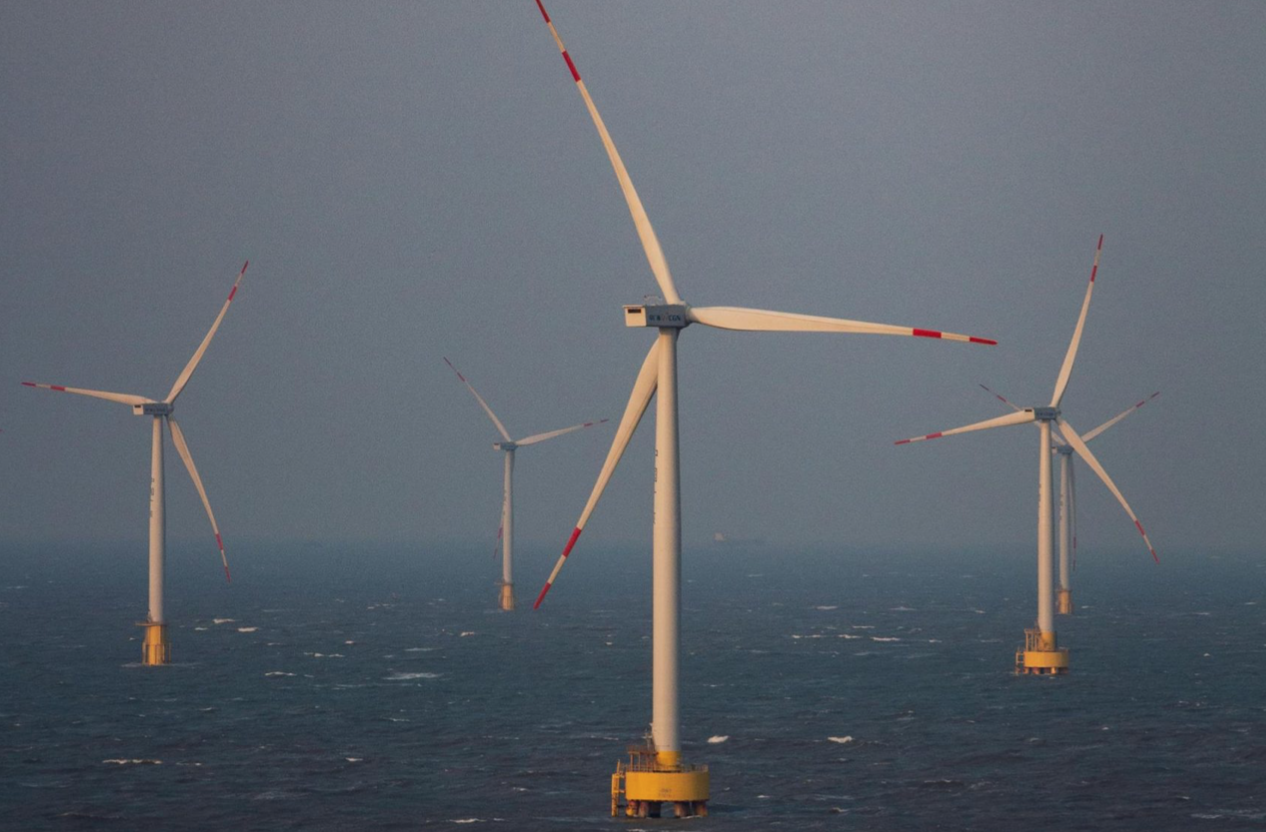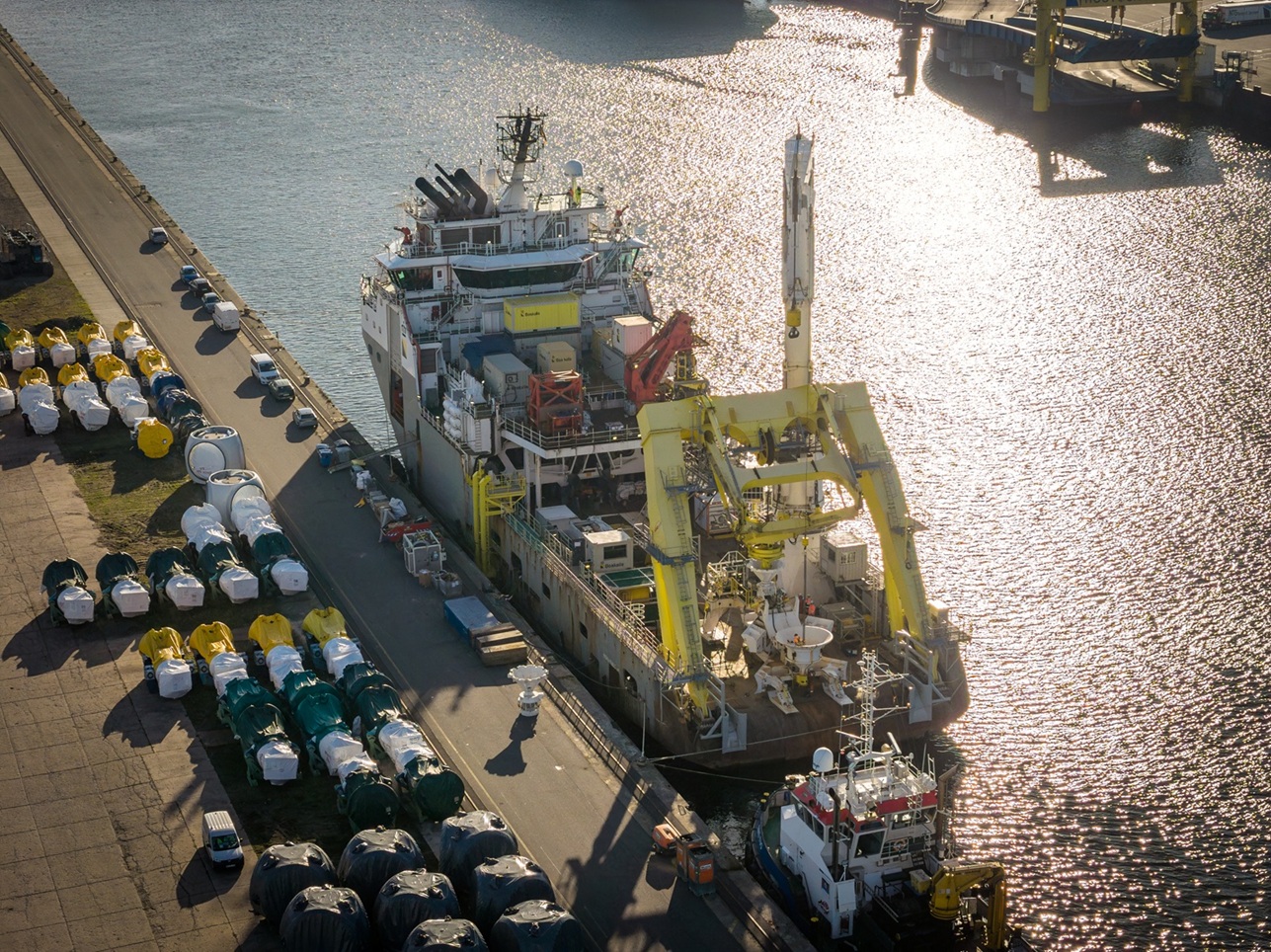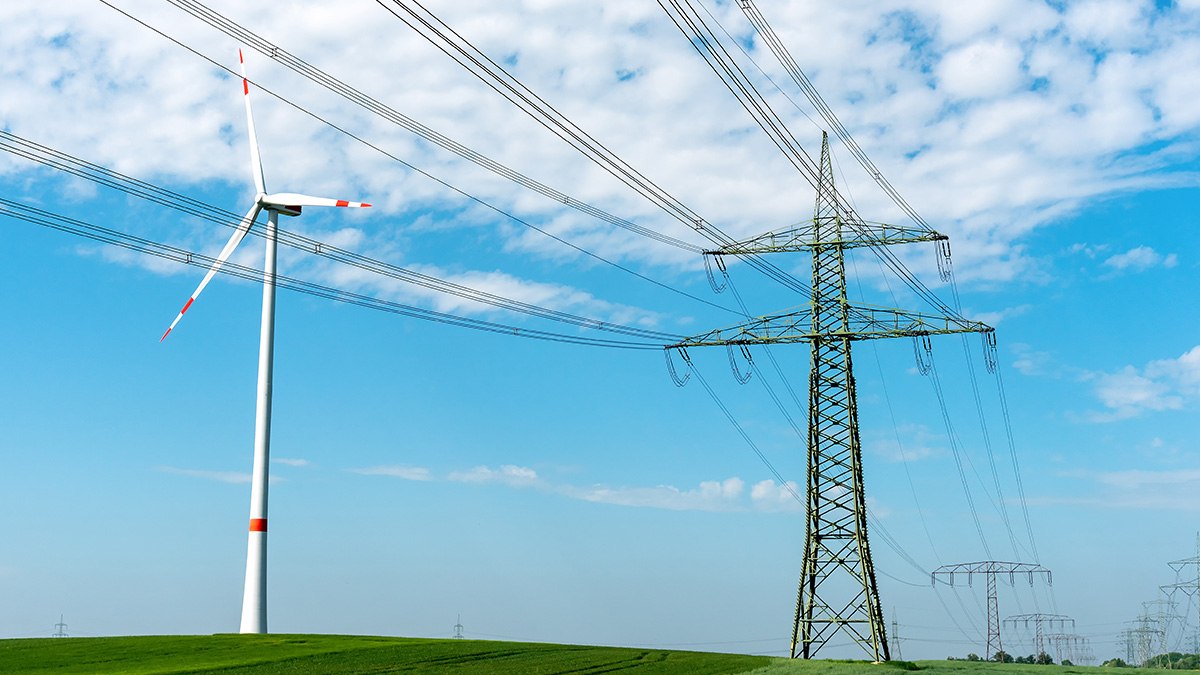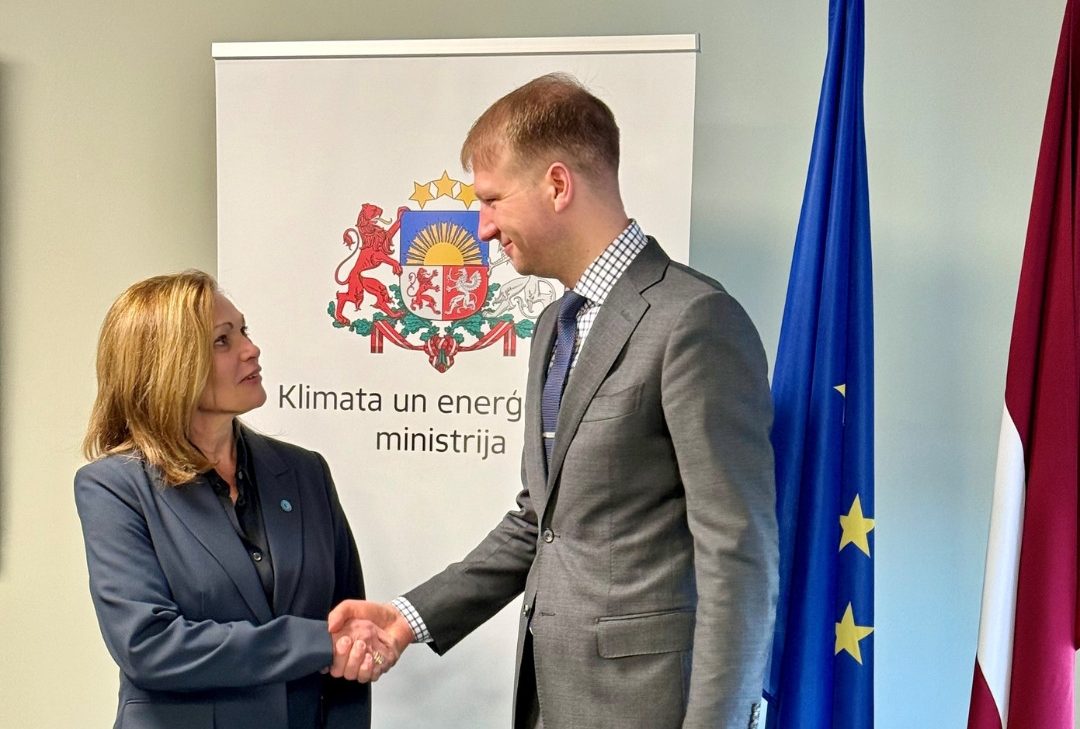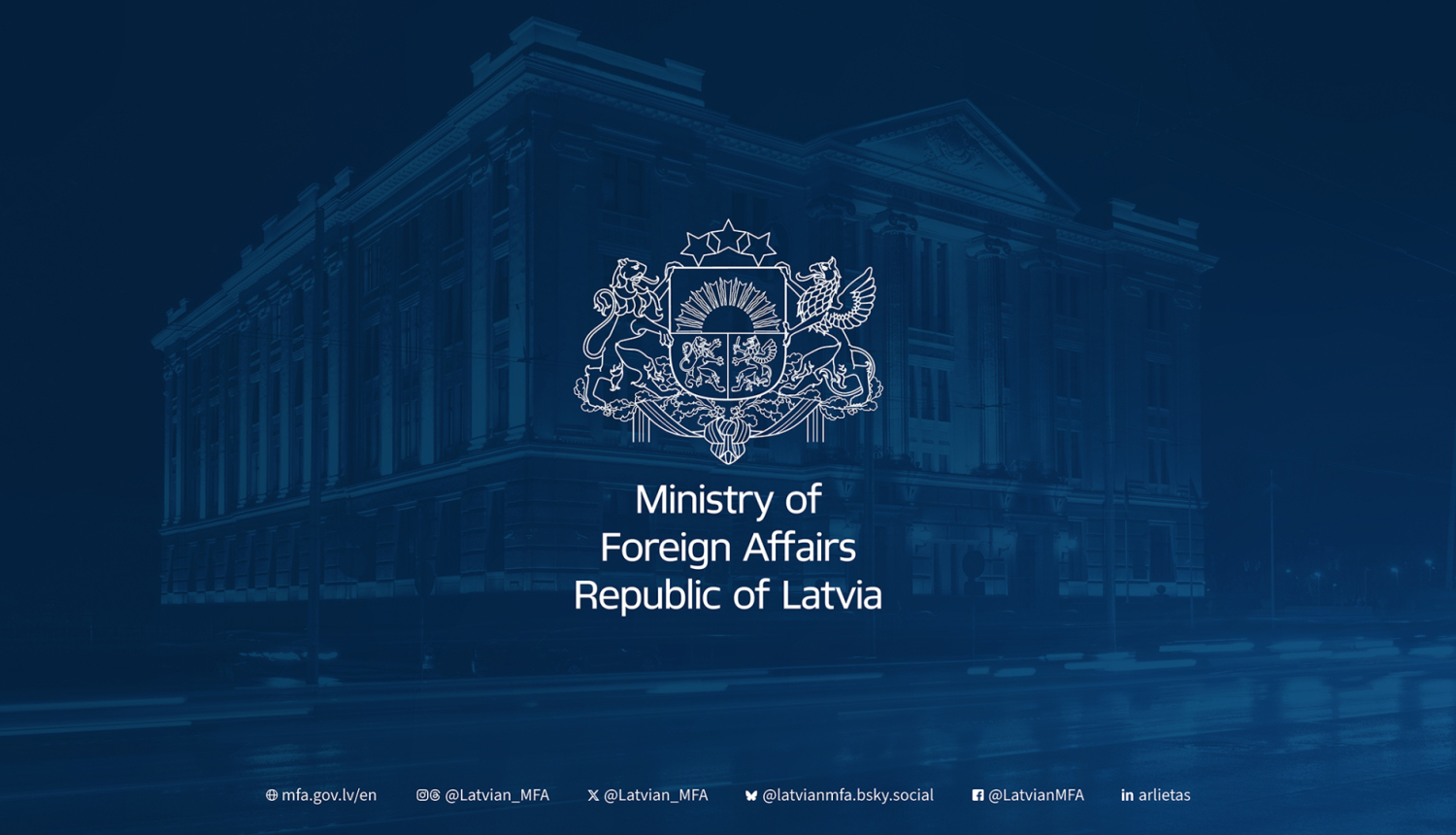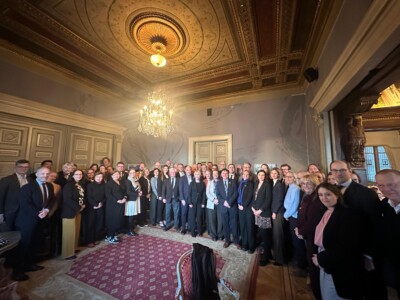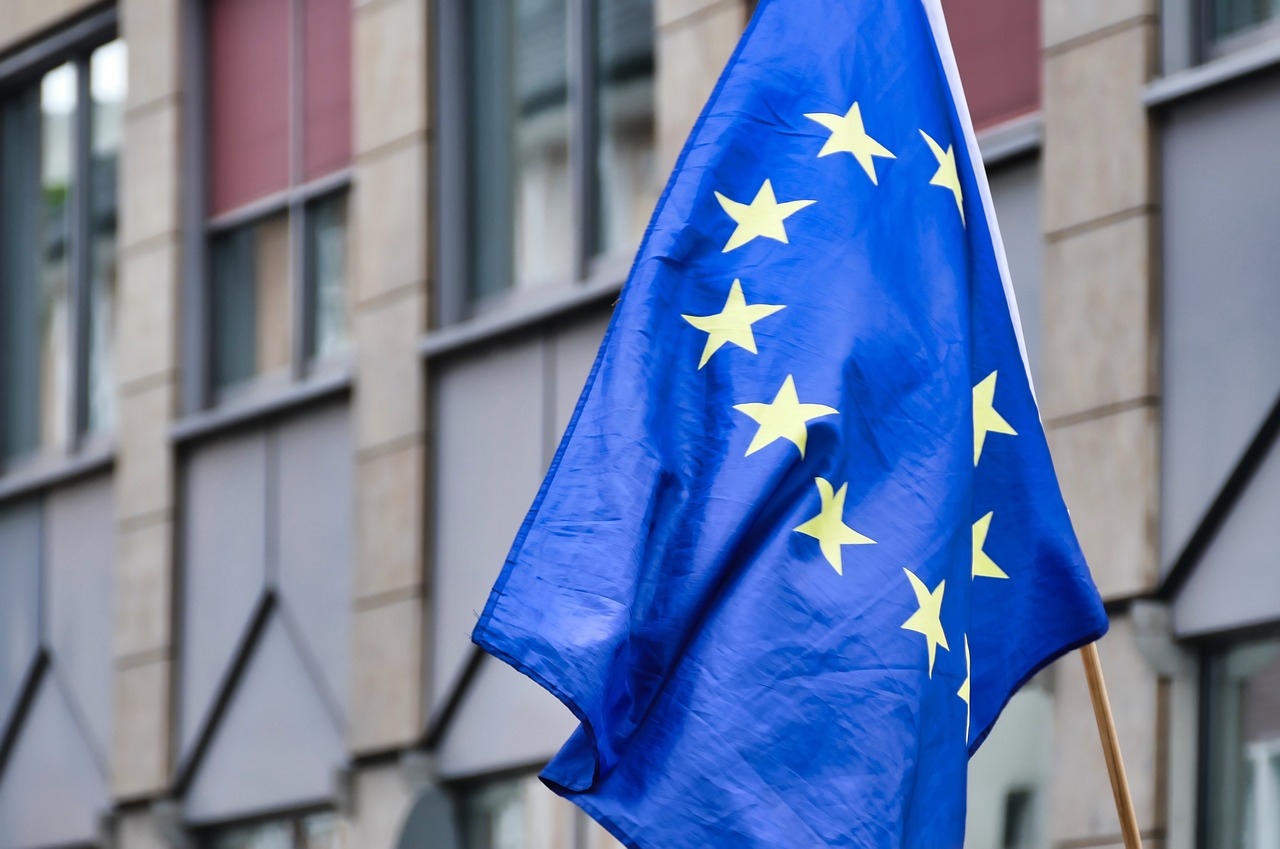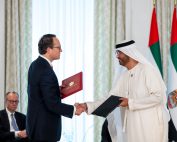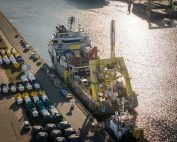Electrification Alliance, supported by i.e. WindEurope published its poistion paper on Clean Industry Deal. Electrification must power the Clean Industrial Deal as it improves the EU’s resilience, and unlocks flexibility and cost savings.
Key recommendations are following:
- Electrification is necessary and possible: Many industrial processes can already be electrified today, for large parts of the industrial heat demand and processes, and up to 200°C by large heat pumps, as technologies are mature, economic, and widely available. Other electric solutions are likely to become commercially viable in the short to mid-term, if implemented with the right economic signals.
- Electrification improves the EU’s resilience: Today, energy intensives are too dependent on resources that are not found in Europe. By shifting towards electrification based on clean and renewable power generation, European industries can secure a stable, domestically-sourced energy supply from clean technologies, manufactured in Europe wherever possible.
- Electrification unlocks flexibility and cost savings: While industrial electrification requires competitive electricity prices, a “smart electrification” of industries, enabling the flexible consumption of clean electricity in reaction to external signals, will help integrate renewables into the system, reduce energy costs and even provide new revenue streams for the industry. Therefore, industrial flexibility must be supported, incorporating sectoral barriers, and the varying degrees of flexibility potential of different industrial sectors.
Yet, electrification progress has been stalling, with a share of between 22%-23% over the past five years. The Clean Industrial Deal must therefore highlight the crucial role of direct electrification in decarbonising the industrial sectors, and provide the right conditions to make electrification competitive and supporting a strong industrial base in Europe. It should in particular focus on the heating and cooling processes still largely relying on fossil fuels, accounting for over half (50.5%) of the final energy consumption in industry in 2022, and their supply chain.
For this to happen, the EU should put forward a supportive and comprehensive framework, that addresses persisting barriers, and creates investment incentives. First, industrial electrification requires an electricity supply that is competitive compared to other regions, and competitive compared to other energy resources such as gas and oil. Currently, electricity is one of the most heavily taxed energy source, with taxes 3.5 times higher for industries than gas. This issue is particularly pronounced in the EU, where electricity taxes are significantly higher compared to other global regions. This includes competitive solutions to shape variable renewable generation to meet the stable demand profile of many industries. Second, growing electrification requires rapid investment and scaling up of suitable electricity-based technologies/solutions, such as those for high-temperature heat processes. This will entail setting up dedicated support schemes to de-risk investments, and support associated operating costs. Finally, businesses need stability and clarity to invest. The Clean Industrial Deal must build on the regulatory acquis of the EU, and prioritise helping implementation.
Members of the Electrification Alliance, therefore ask the European Commission and Member States, to take the following measures as an essential component of the Clean Industrial Deal:
1. Introduce a national smart electrification indicator for industry to ensure highlevel monitoring of electrification trends in the industry, and monitor policy developments at EU level. Such an indicator should be non-binding and reported in the National Energy and Climate Plans in case of future revision of the Governance Regulation.
2. Provide adequate financial support for the deployment of electric equipment, electric heating, and cooling technologies, such as an Electrification Bank. In addition, adequate financial support is needed for enabling infrastructure such as electricity grids at all voltage levels. This should be achieved through the upcoming Multiannual Financial Framework 2028-2034, such as the Competitiveness Fund or the financing tools of the European Investment Bank. Member States should also be encouraged to offer financial aid for the operational expenses of energy-intensive industries transitioning to electrification. This support should be aligned with State Aid frameworks and a clear, direct-electrification pathway.
3. Ensure fair tax policies and levies to enhance industrial competitiveness and accelerate electrification in the EU. A clear and strategic approach to taxation is urgently needed, both for electricity and non-electricity related taxes, to reduce the overall electricity costs for industries looking to electrify, making them more competitive in the global market.
4. Guarantee timely grid access for electrified industrial processes, thanks to a combination of robust energy system planning, and strict implementation of Market Design grid provisions on grid connection procedures and timelines. It will be necessary to implement a dynamic and efficient management of grid connection queues and requests, prioritising mature projects, and offering adequate flexible connection agreements.
5. Address barriers to unlocking flexibility in the industry. Different types of demand participation should be acknowledged to cater for the specific features of different industry sectors. Demand-side response should be incentivised through remuneration while not penalising industrial players with limited flexibility potential. For this to happen, developing appropriate market price signals and offering robust de-risking instruments to incentivise investments in flexibility is crucial.
6. Facilitate a sufficiently skilled workforce, to enable the smooth deployment of electric technologies in energy-intensive industries, and avoid bottlenecks at the deployment stage. Stable incentives and regulatory drivers are required for European companies to confidently adopt suitable training and recruitment strategies. However, this also necessitates more governmental action to grow the pool of skilled workers to a level that can meet the expected increase in demand.
Electrification Alliance, calling for electricity to be recognised as the key energy carrier for an efficient and decarbonised European future has been launched by the European Association for Electromobility (AVERE), the European Heat Pump Association (EHPA), Eurelectric, the European Electrical Contractors Association (EuropeOn), the International Copper Association Europe (ICA Europe), the Renewables Grid Initiative (RGI), Smart Energy Europe (smartEn), SolarPower Europe, Transport & Environment (T&E), and WindEurope.
Source: Electrification Alliance
